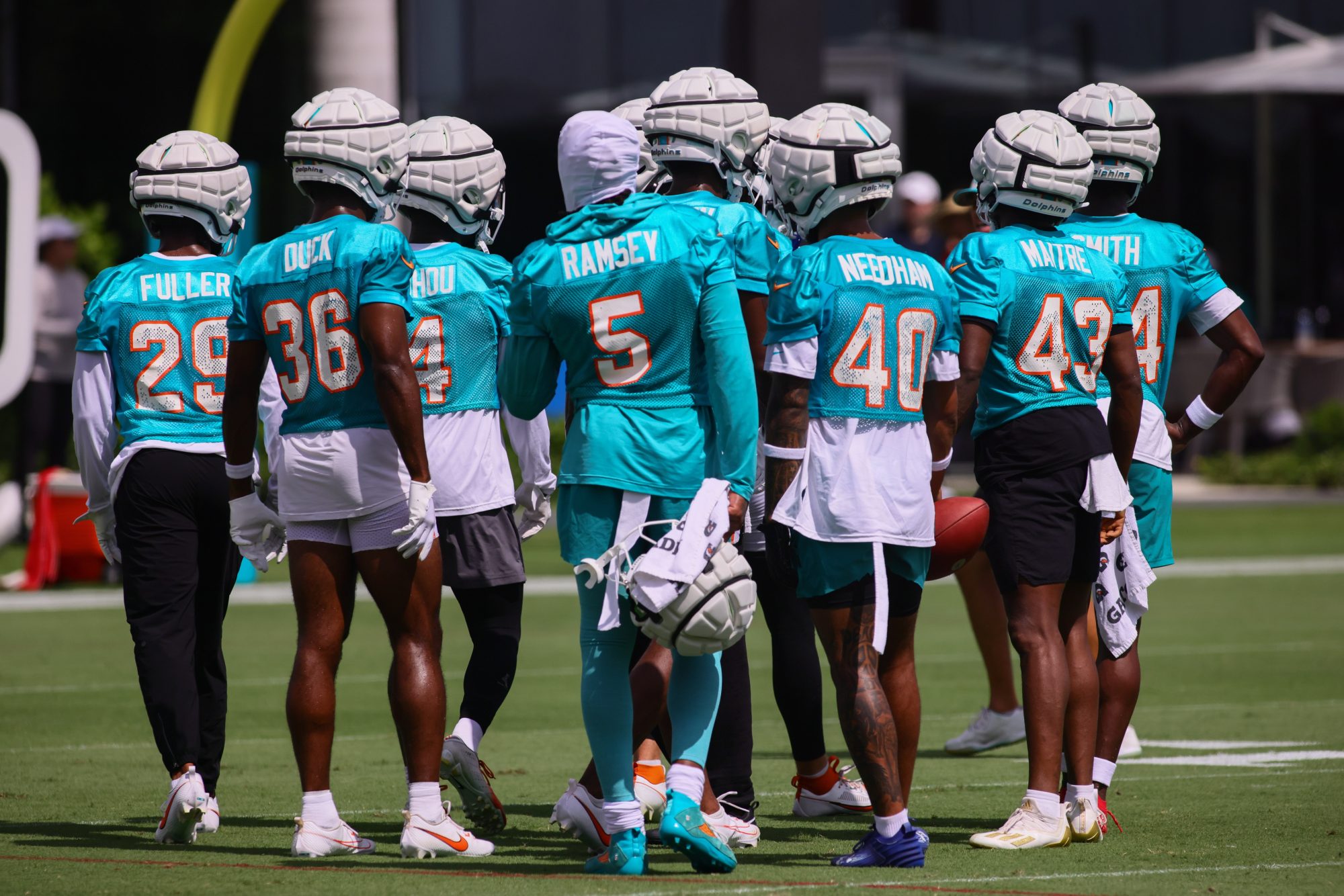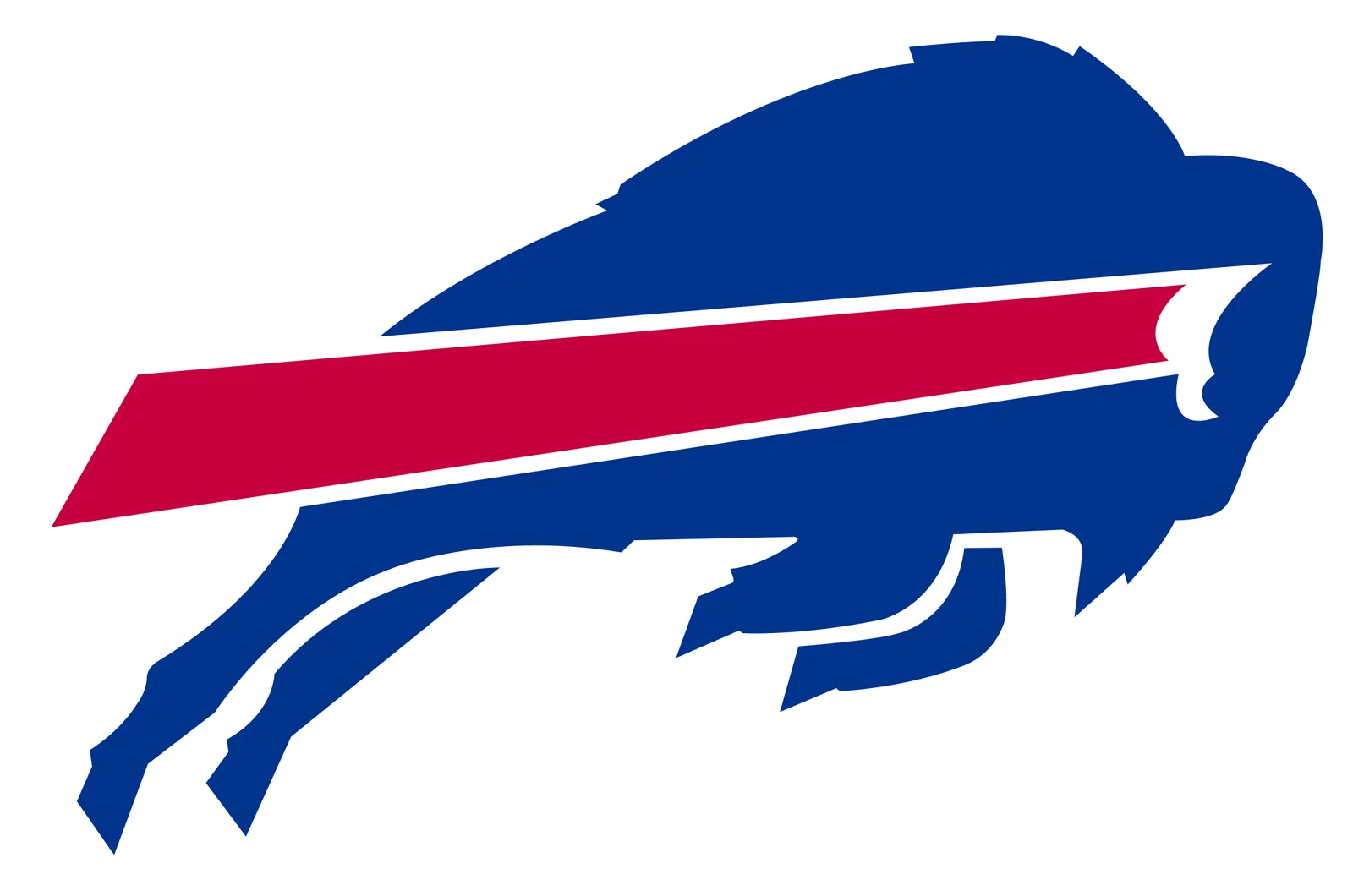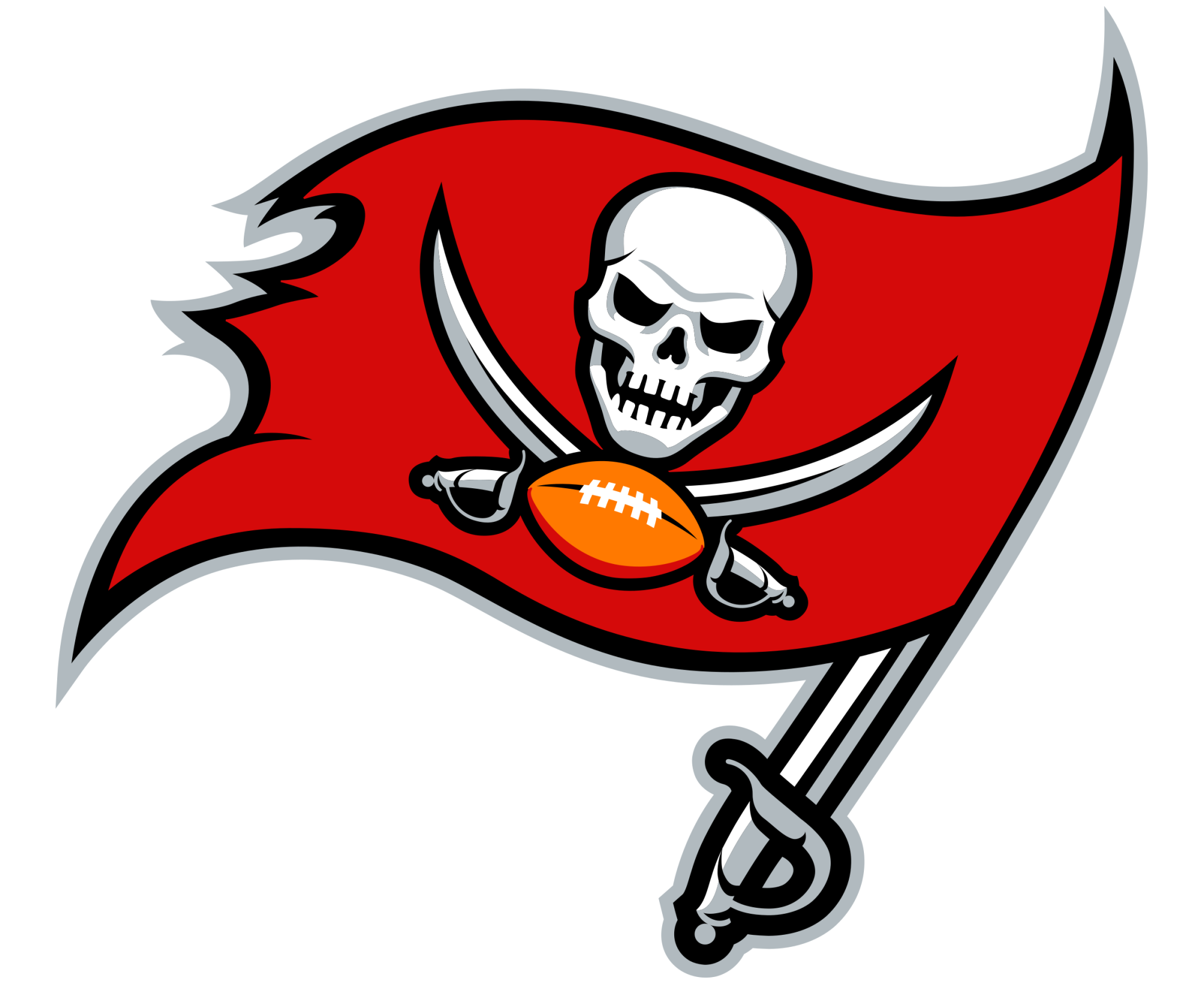The Dolphins New Defensive Scheme Feels Oddly Familiar

Credit: Sam Navarro-USA TODAY Sports
The Miami Dolphins’ defense last year under Vic Fangio was drastically different from Anthony Weaver‘s current scheme. Fangio’s defense was known for featuring an abundance of two high safety Cover 2 looks and zone-matching principles, with the intent of limiting explosive plays. The veteran coach seldom brought more than four pass rushers, unless it was third down. His goal was to masterfully disguise coverages to confuse the quarterback and create coverage sacks, rather than sending all-out blitzes.
Miami had a star-studded defense that included Christian Wilkins, Zach Sieler, Jaelan Phillips, Bradley Chubb, Andrew Van Ginkel, Jalen Ramsey, and Jevon Holland. Yet despite all that talent, the Dolphins ranked 22nd in the league in team defense and failed to maximize the strengths of their best players, which resulted in Fangio being fired by the season’s end.
From there, it was out with the old and in with the new. The Miami Dolphins hired Baltimore Ravens defensive line coach Anthony Weaver as their new defensive coordinator. Weaver is a Rex Ryan disciple who shares a similar defensive philosophy as his mentor, with both coaches favoring an aggressive, attack-first mindset. Weaver is known for sending pressure at a high rate, and he loves calling Cover 1 with press coverage on the outside. But what if the “new” scheme isn’t really all that new?
If Weaver’s brand of defense sounds oddly familiar to you, it should. The Dolphins may have a new defensive coordinator, but his defensive philosophy is very similar to that of former head coach Brian Flores. When it came to different types of pressures, B-Flo threw the kitchen sink at offensives as a strategy to throw opposing quarterbacks in for a loop. What does that look like?
In short, on one play a Flores-led defense would make it look like they’re sending eight rushers on a blitz, but only send three. Then on the very next play, he’d make it look like the defense was sending three rushers, and send eight. That’s the oversimplified explanation, but you get the gist. It’s not like he only got crazy on third downs, either. Flores would show the most exotic looks damn near every play, regardless of down and distance. It was all about creating the most chaos by being completely unpredictable.
The funny thing is, Flores’ psychotic strategy somehow worked for the Minnesota Vikings last year, despite the team lacking talent on the defensive line and at cornerback. Minnesota’s defense improved significantly with Flores calling the plays compared to his predecessor, Ed Donatell, whose defensive scheme was largely influenced by… yup, Vic Fangio. Minnesota jumped from 31st to 16th in total defense under Flores. The Dolphins now find themselves in a similar position the Vikings were in last year, where the team is ditching a Fangio-style scheme for a more Flores-esque defense.
Dolphins defensive tackle Calais Campbell spoke at length about Anthony Weaver’s defensive philosophy stating that “The style of defense is really built off of being able to blitz in different ways – a lot of stimulated pressures and full-out pressures.” That’s the key phrase right there. Notice how Calais Campbell mentions Weaver’s use of stimulated pressures and full-out pressures? It’s a tactic that Brian Flores and Anthony Weaver both use to their advantage, which is where the similarities between Flores and Weaver become the most apparent from a philosophical standpoint.
Weaver’s use of these pressures has already proven to be extremely effective. The Dolphins front seven has been dominant against Miami’s offense ever since pads came on at training camp on Monday. While the usual suspects like Sieler and first-rounder Chop Robinson have shown flashes at camp, the most impressive part is how the other guys have looked. Emmanuel Ogbah, Jordyn Brooks, Da’Shawn Hand, Jonathan Harris, and Teair Tart have all been more effective than they would’ve been under Fangio. The difference has simply been that the defensive playcalling has been considerably more aggressive.
Oftentimes, people think that the greatest NFL coaches are the ones who are constantly innovating and coming up with brand-new ideas in a never-ending chess match against the rest of the league. While that can be true, sometimes the best solution doesn’t involve re-inventing the wheel. It’s about going back to the tried-and-true methods that worked in the past, and that’s what the Dolphins did when they hired a defensive coordinator who shares philosophical similarities with Flores.
Up Next





